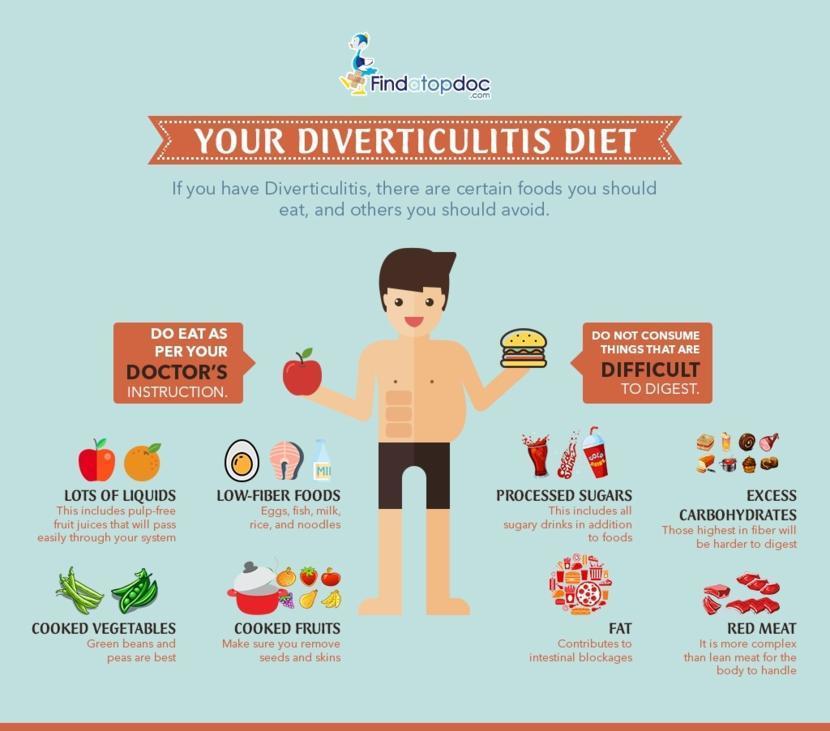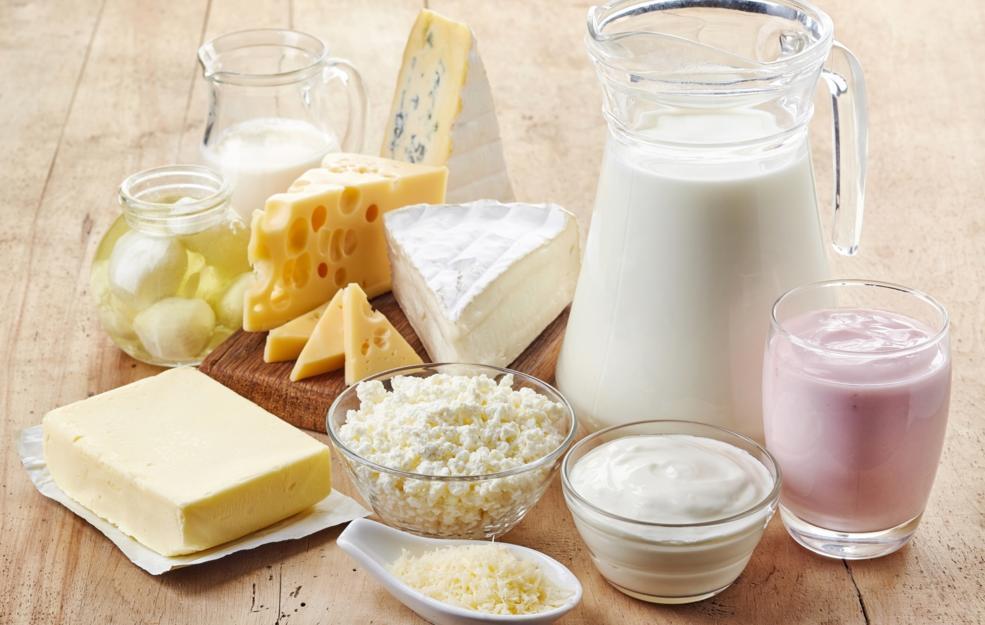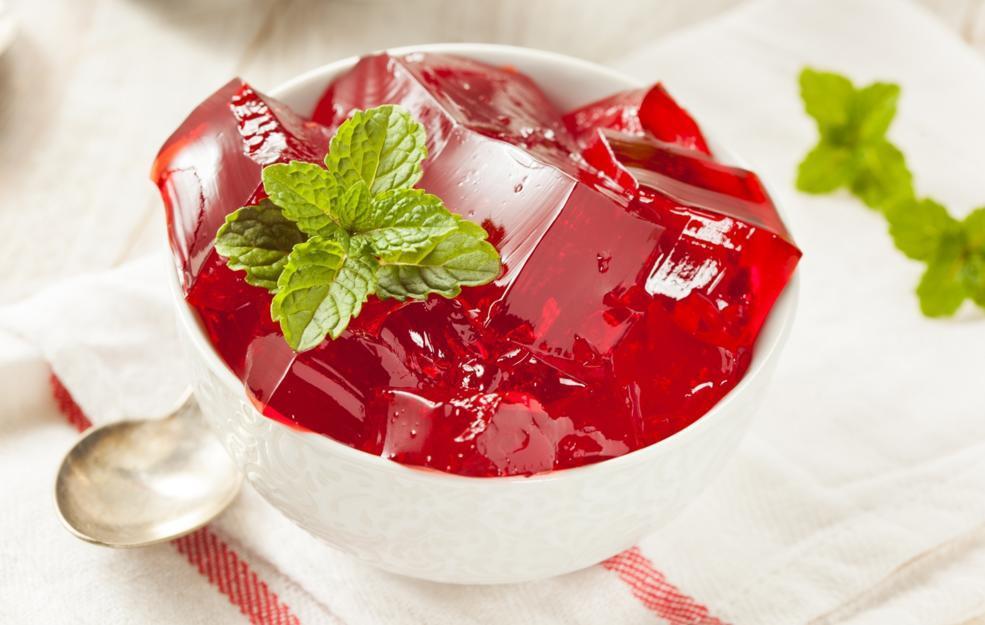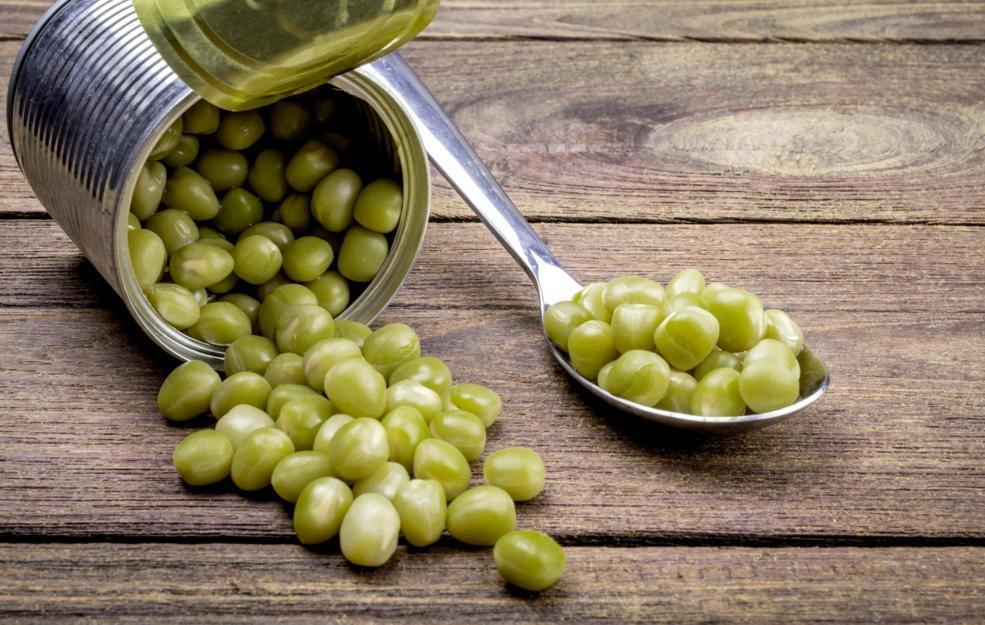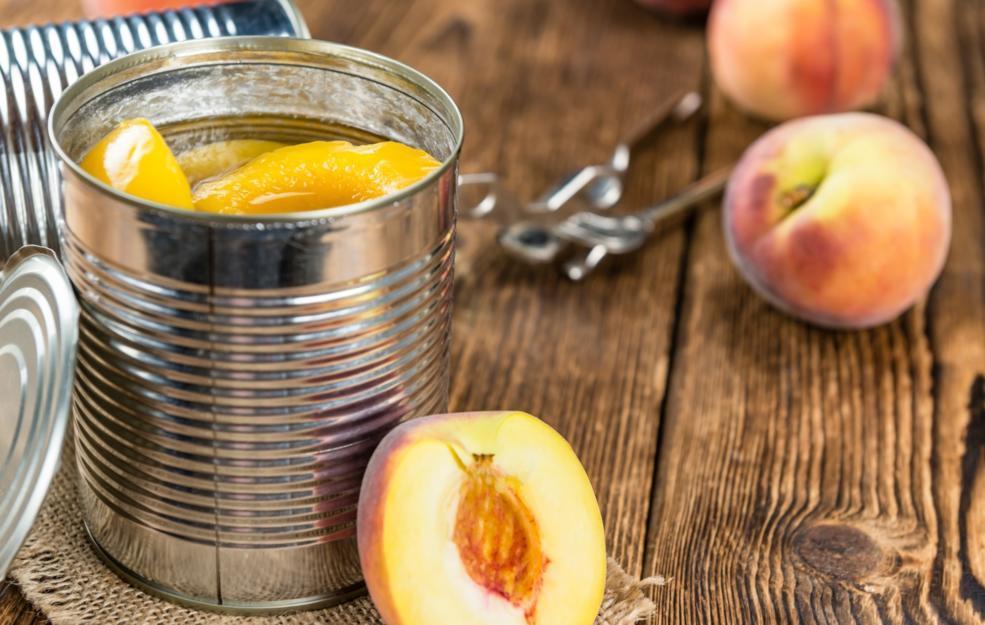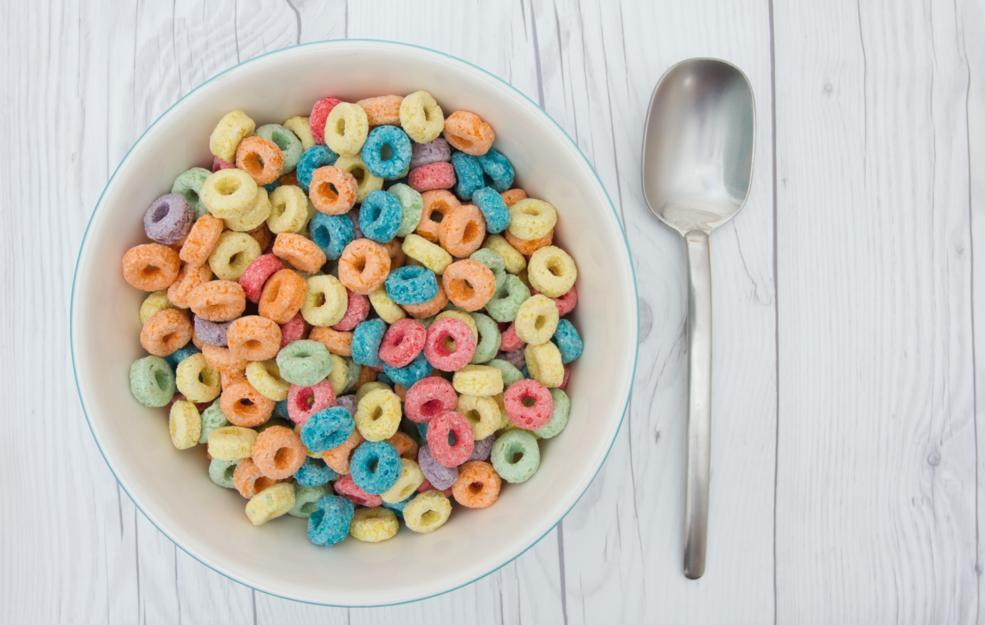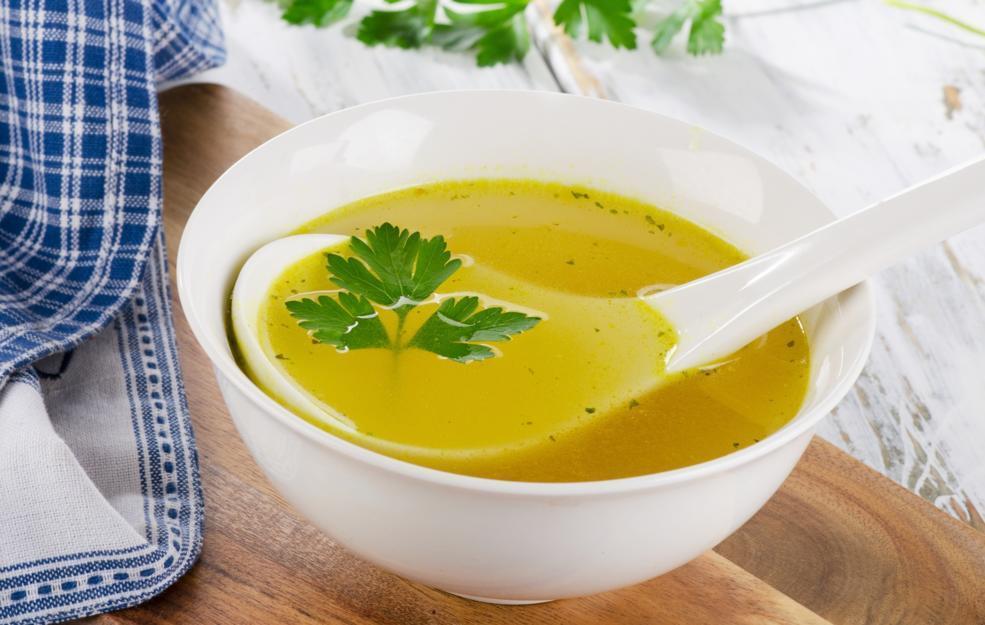Diverticulitis is a disease in which diverticula, small, bulging pouches in the digestive system, become inflamed. Diverticula are mostly found in the lower part of the large intestines (colon). They are found mostly in people older than 40 and typically do not cause any problems.
Diverticulitis can cause severe abdominal pain, fever, nausea and a change in bowel habits. Mild diverticulitis is usually treated with rest, changes in diet, and antibiotics. Surgery may be required for severe or recurring diverticulitis.
Diverticulitis is caused when diverticula tear, resulting in inflammation or infection, or both.
Diverticula occur normally in the body when weak places in the colon give way to pressure. This causes marble-sized pouches to protrude through the wall of the colon.
The treatment for diverticulitis depends on the severity of the signs and symptoms.
If symptoms are mild, patients may receive treatment at home.
Treatment may include:
- Antibiotics, to treat infection
- A liquid diet for a few days while the bowel heals. Once symptoms improve, solid foods can be slowly added to the diet
- An over-the-counter pain reliever, such as acetaminophen (Tylenol, others). This treatment is successful in 70 to 100 percent of people with uncomplicated diverticulitis. If a patient has a severe attack or any other health problems, he or she will need to be hospitalized.
- Intravenous antibiotics
- Drainage of an abscess if it is present
Surgery
Surgery may be recommended in cases of complications such as perforation, abscess, fistula or bowel obstruction. Surgery may also be recommended for patients who have had multiple episodes of uncomplicated diverticulitis and for immune compromised patients.
There are two main types of surgery to assist in this condition.
Primary bowel resection
The surgeon removes diseased segments of the intestine and then reconnects the healthy segments (anastomosis). This allows a patient to have normal bowel movements.
Depending on the amount of inflammation, doctors may perform open surgery or a minimally invasive (laparoscopic) procedure.
Bowel resection with colostomy
Bowel resection with colostomy may be performed if a patient has so much inflammation that it's not possible to rejoin the colon and rectum. An opening (stoma) in the abdominal wall is connected to the healthy part of the colon. Waste passes through the opening into a bag. Once the inflammation has eased, the colostomy may be reversed and the bowel reconnected.
Follow-up care
Follow-up care includes receiving a colonoscopy six weeks after recovery from diverticulitis, especially if a patient hasn't had the test in the previous year. There doesn't appear to be a direct link between diverticular disease and colon or rectal cancer. But colonoscopy — which isn't possible during a diverticulitis attack — can exclude colon cancer as a cause of the symptoms.
Sometimes, surgery is recommended. But previous recommendations for surgery based on the number of attacks have been questioned, since most people do well even after two or more attacks.
The decision on surgery is an individual one, and is often based on the frequency of attacks and whether complications have occurred.
A few alternative and remedies exist for diverticulitis.
Probiotics (foods or supplements that contain beneficial bacteria) can be administered to prevent diverticulitis by cultivating positive bacteria throughout the digestive system.However, there is no scientific evidence that this is effective.
There are several risks and complications associated with diverticulitis.
Risk factors
Some risk factors include:
- Being over the age of 40
- Obesity
- Smoking
- Lack of exercise
- A diet high in animal fat and low in fibers
- Certain medications including steroids, opiates and non-steroidal anti-inflammatory drugs, such as ibuprofen (Advil, Motrin IB) and naproxen (Aleve)
Complications
Complications occur in 25 percent of people with diverticulitis.
They include:
- Abscess (pus which collects in a pouch) formation
- A blockage in the colon or small intestines caused by scarring
- A fistula, which is an abnormal connection between sections of the intestines or the intestines and the bladder
- Peritonitis, which can occur if the inflamed or infected pouches rapture, spilling their contents into the abdominal cavity. This condition is a medical emergency and requires immediate medical attention.
